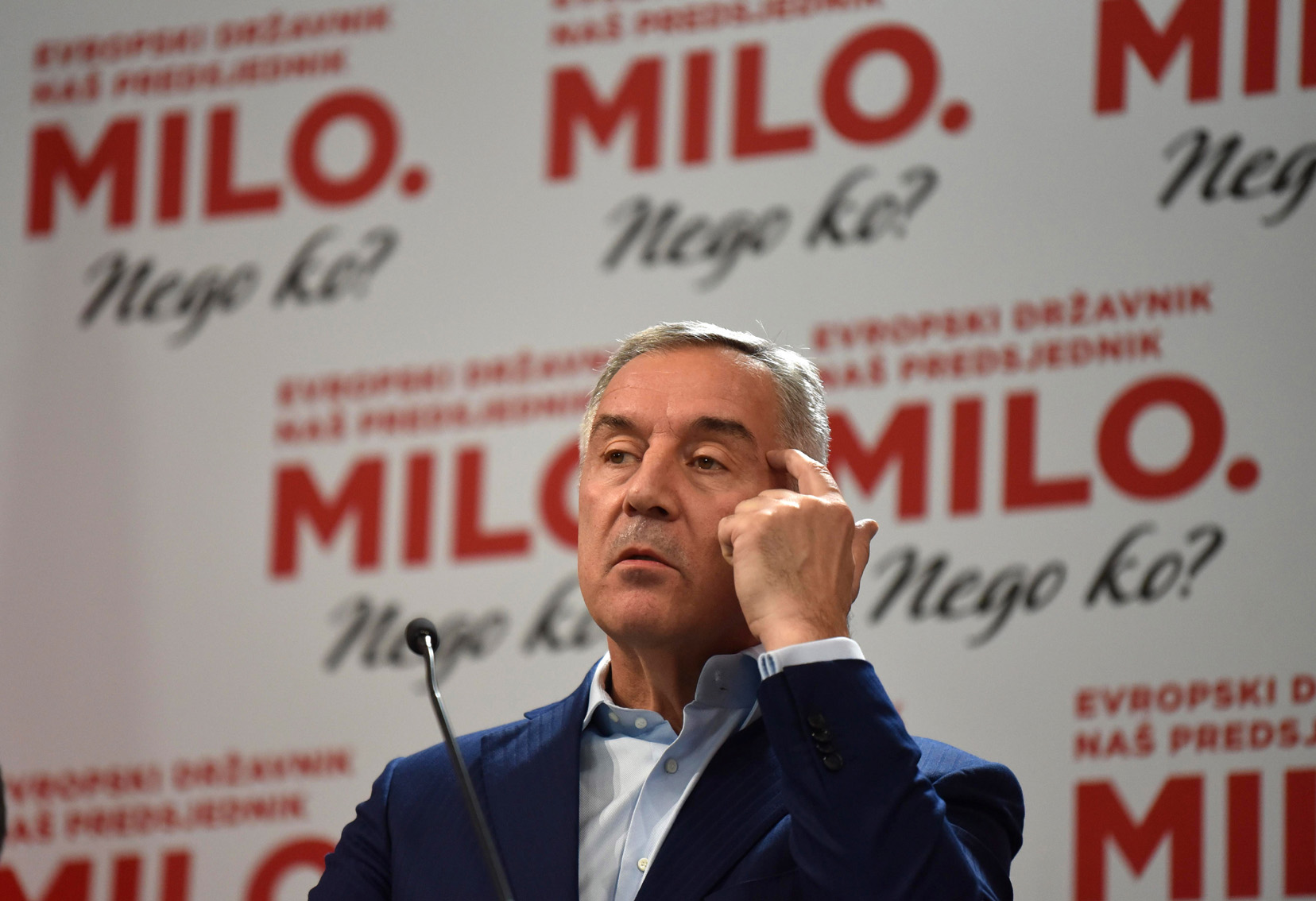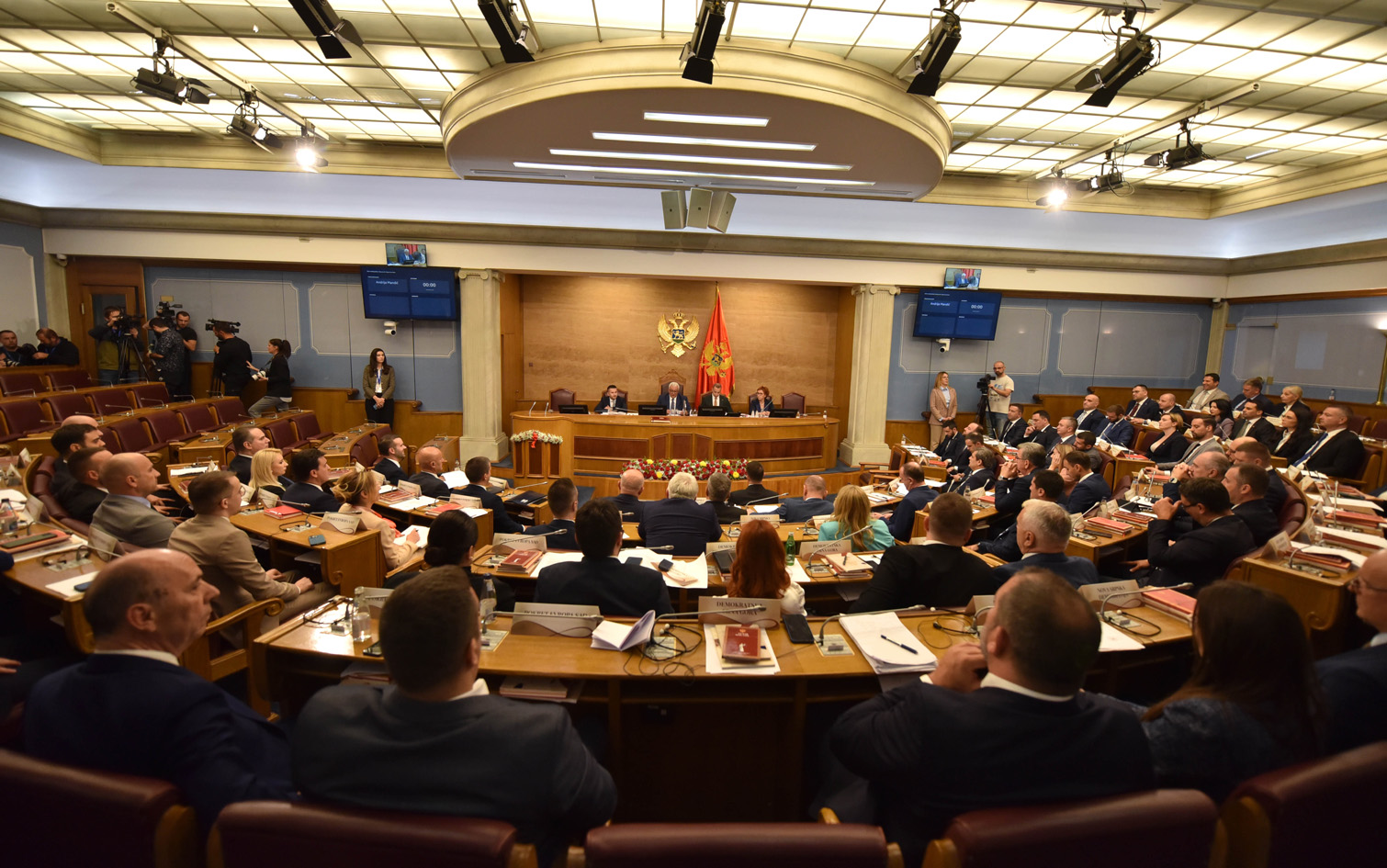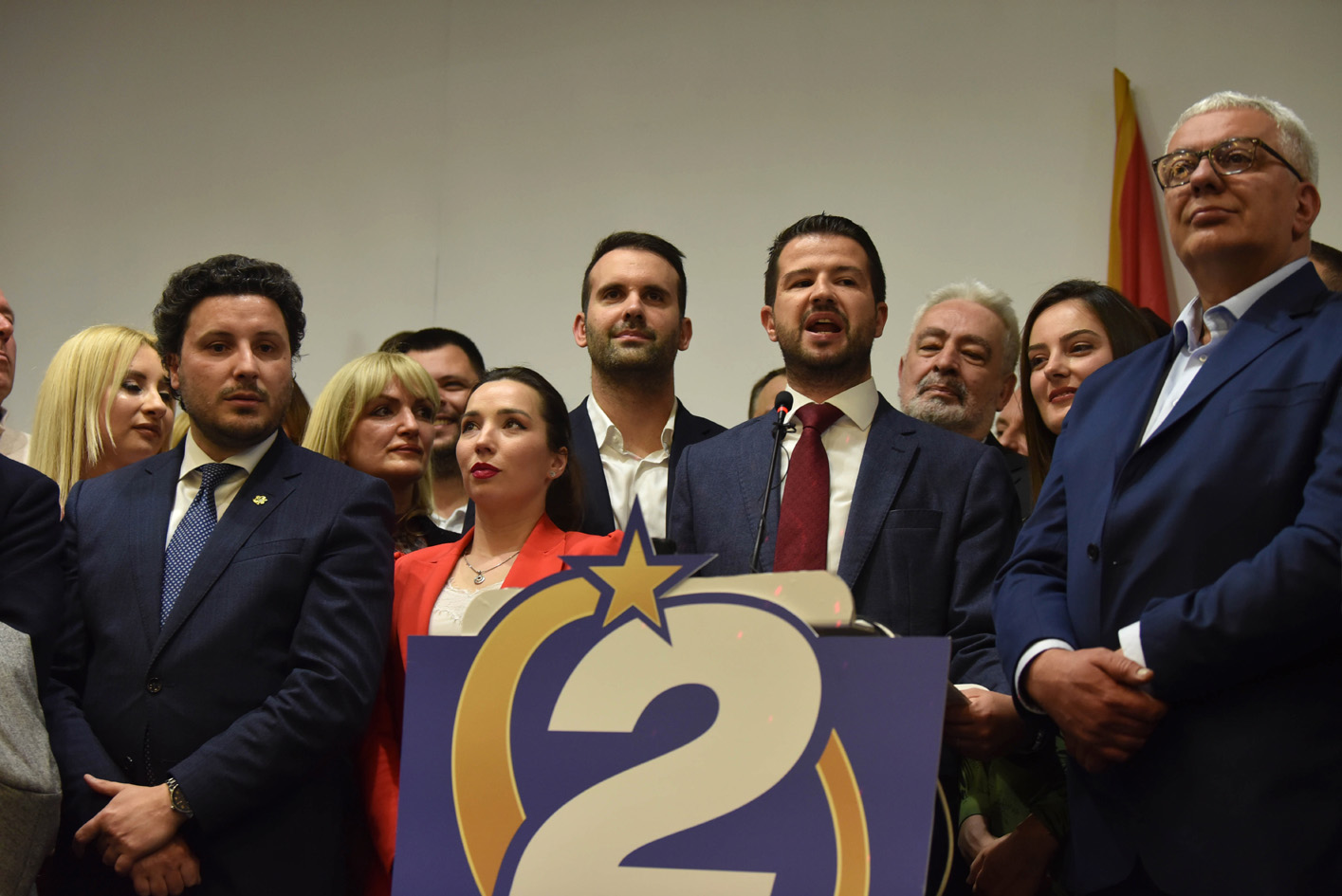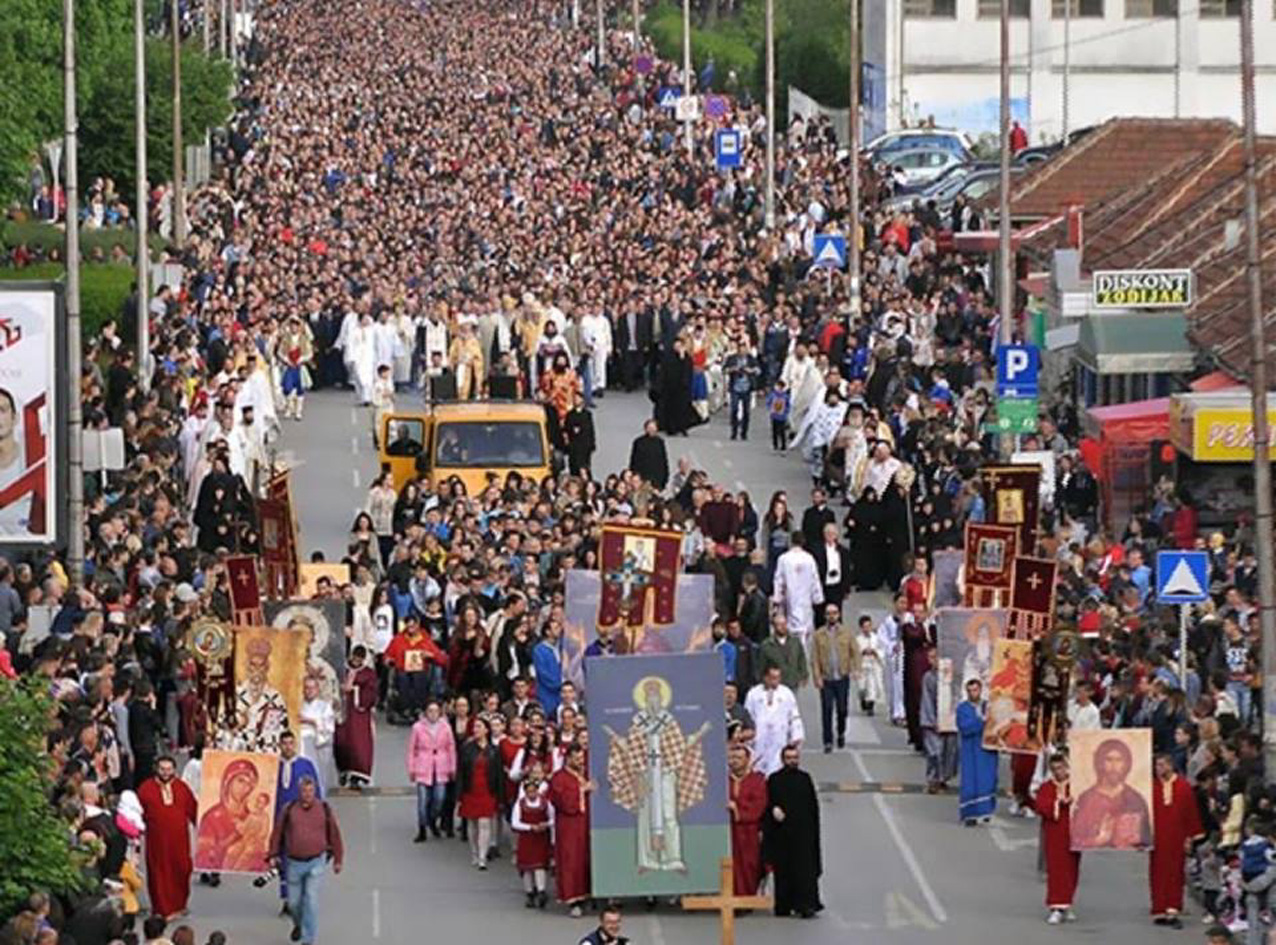Mila: An Unwanted Presence

Ђ. Barovic
Four years have passed since August 30 in Montenegro, marking the end of Mil Đukanović’s 30-year rule. In an interview with “News,” former Professor of Political Science, now retired from Kotor, highlighted that one of the significant accomplishments of this date and the “Post-Đukanović era” is the cessation of discrimination against Serbs in Montenegro.
– The achievement of August 30, 2020, is monumental, especially when compared to Montenegro during Milo’s reign. Although many anticipated a quicker improvement in relations with Serbia, it was believed that this would be hindered by the highway issues. The former regime’s false multiculturalism, which aimed to unify against Serbs, has been dismantled. Currently, Serbs are included in the Montenegro government, with Serbian representatives leading the Assembly and various municipalities like Budva, Herceg Novi, and Nikšić. Thanks to recognized Serbian political figures, there is now a growing understanding among political representatives from different national communities, which is crucial for Montenegro.

Resolutions
Over the past two months, Montenegro has confronted two significant resolutions: one regarding Srebrenica at the United Nations, and the other in the Montenegrin Parliament concerning Jasenovac. Do these reflect the divisions within society?
– Both resolutions have significant impacts. The Srebrenica resolution in the UN intensified discussions around the legal classification of crimes. Following this resolution, we see a lack of consensus; rather, it has sparked deeper legal debates over the qualifications of those crimes. Conversely, the resolution on Jasenovac led to Croatia declaring three Montenegrin politicians—Andrija Mandić, President of the Assembly, Aleksa Bečić, Vice President of the Government, and Milan Knežević, a party leader—as Personas Non Grata. This decision is likely to backfire for Croatia.
In what way?
– The prevailing thought is this: Is it appropriate for an EU member to impose stringent punitive measures against individuals simply for condemning heinous crimes under Nazism, associated with Jasenovac, Mauthausen, and Dachau concentration camps? This raises further questions.
How is it that the Montenegrin assembly’s appropriate statement on condemning such crimes is disregarded, unlike the Austrian or German governments’ responses concerning concentration camps on their soil? The debate indicates that Croatia may risk becoming a disruptive factor, and equally important is whether we can entertain the relativization of Nazi crimes across various camps, including those in Croatia. This is a major issue, not only for Croatia but for the entire EU. I urge Croatian President Zoran Milanović to leverage his power to retract these decisions, as they are detrimental to Croatia.
Did the resolution on Jasenovac reveal issues between the Prime Minister and President?
– The tensions between Milojko Spajić and Jakov Milatović appear increasingly reminiscent of past conflicts seen between Mila and Momir, albeit differing in doctrinal disputes. Their current discord is politically charged, highlighting Spajić’s potential disregard for the President’s requests, such as scheduling a National Security Council meeting.

Complete political decline
Could Djukanović leverage this conflict?
– Milo’s political career is undoubtedly over; a return to politics seems improbable.
Not everyone would agree with that statement?
– He has stepped down as party president, and many within DPS view him as a significant liability. Despite his long-established authority, which allows him to maintain some influence, a hypothetical return announcement would likely face public backlash. Citizens no longer wish to see Milo Djukanović in politics, signifying his total political decline. The electorate has forgiven his past actions and has moved on. He is acutely aware of this and realizes there is little hope for a political comeback. Additionally, he seems increasingly preoccupied with the prospect of facing the Montenegrin judiciary rather than contemplating a political return. That, however, is not a matter of public debate; it is a known fact among those monitoring the situation closely in Montenegro.

Is Cetinje no longer associated with Milo?
– The DPS in Cetinje is unable to inch closer to forming a government. This reflects the core of the current political climate. Milo symbolic use of Cetinje as a platform against “Greater Serbianism” is now history. The false multiculturalism project that aimed to unite against Serbs collapsed on August 30, 2020, thanks to the citizens. The project is now deemed decisively failed in Montenegro, representing a significant victory for citizens of all faiths and nationalities.

Increased Serbian Representation
No census results from Montenegro have emerged from last year yet? Many believe the government is delaying release to diminish the percentage of Serbs compared to the 2011 census?
– To comprehend the challenges and their inception, one must delve into the political character of Milojko Spajić, the current Prime Minister of Montenegro. He assumed office during the planned census period and was immediately confronted with a boycott threat from Milo’s DPS. To mitigate this, he proposed ensuring that individuals could verify the census data through special software. To date, Montenegro lacks such software. After numerous unsuccessful tenders, a recent announcement suggests that the software will be available soon, allowing for the census results by the end of the year. However, the absence of results highlights the negligence of those overseeing this process.
Do you expect results indicating a greater number of Serbs?
– It is highly likely that the upcoming results will show an increased number of individuals identifying with the Serbian language and ethnicity. The reality is that most Orthodox believers belong to the Serbian Orthodox Church, particularly within the Montenegrin-Primorje diocese. This may pose challenges for certain political entities, especially DPS, as the numbers may not align with their interests.
Condemnation of Nazism
There are claims in the region that the Montenegrin resolution on Jasenovac was a retaliation against Serbia’s voting on Srebrenica at the UN General Assembly?
– It’s plausible that some individuals involved in the initiation of the Jasenovac resolution had such sentiments, but my perspective is this: regardless of the motives behind the resolution condemning Nazi, fascist, and Ustaša crimes, it must be recognized. The motivations of the initiators are truly irrelevant.
Shouldn’t this resolution have been passed much earlier?
– Absolutely, there was no doubt about it. The motivations behind the adoption of the resolution are inconsequential. What truly matters is whether Montenegro is prepared to condemn these atrocities today, similar to how Germany and Austria have done. Such judgments appear to disturb specific politicians in Croatia, bringing into question whether Croatia risks becoming a destabilizing force in the region.
Possibility of Extraordinary Elections
Discussions are ongoing regarding the potential for extraordinary elections in Montenegro. How likely is this option?
– Amidst the conflict between the Prime Minister and President, Jakov Milatović has noted the decline of Milojko Spajić’s party in local elections in Budva and Andrijevica. To challenge this decline, he has opted for extraordinary elections in Podgorica. Thus, on September 29, elections will be held in Montenegro’s capital to demonstrate that Spajić’s support has diminished. Should Milatović succeed, it would signal the potential for subsequent extraordinary parliamentary elections. If Spajić’s party loses even more positions, the chances for Spajić’s continued leadership will shrink significantly, compelling him to reassess his political strategies.
Spajić’s Lack of Authority
What is Spajić’s appropriateness for extraordinary elections?
– Spajić presents as an atypical politician with no clear counterpart in the region. His political character raises concerns; he appears disinterested in a long-term political career, creating unpredictability. In politics, continuity and commitment are crucial for trust and reliance, but Spajić prioritizes alternate pursuits, undermining his role as Prime Minister. Given that Montenegro’s constitutional framework grants considerable power to the PM, a government of this magnitude allows each member greater influence than Spajić himself.
Is this truly the case?
– Indeed, this is the reality. Spajić seems apathetic towards establishing his authority, which is a critical error. Authority is essential in the highest political role as defined by Montenegro’s Constitution. Although he directs a government of unprecedented support in the Assembly, his decision-making power is dependent upon the collaboration of other political figures. They find greater influence within his government than they would if they were to oppose his leadership. Consequently, while Spajić remains in power, the political landscape will remain stable; once he falters, traditional patterns of political maneuvering will likely re-emerge.


